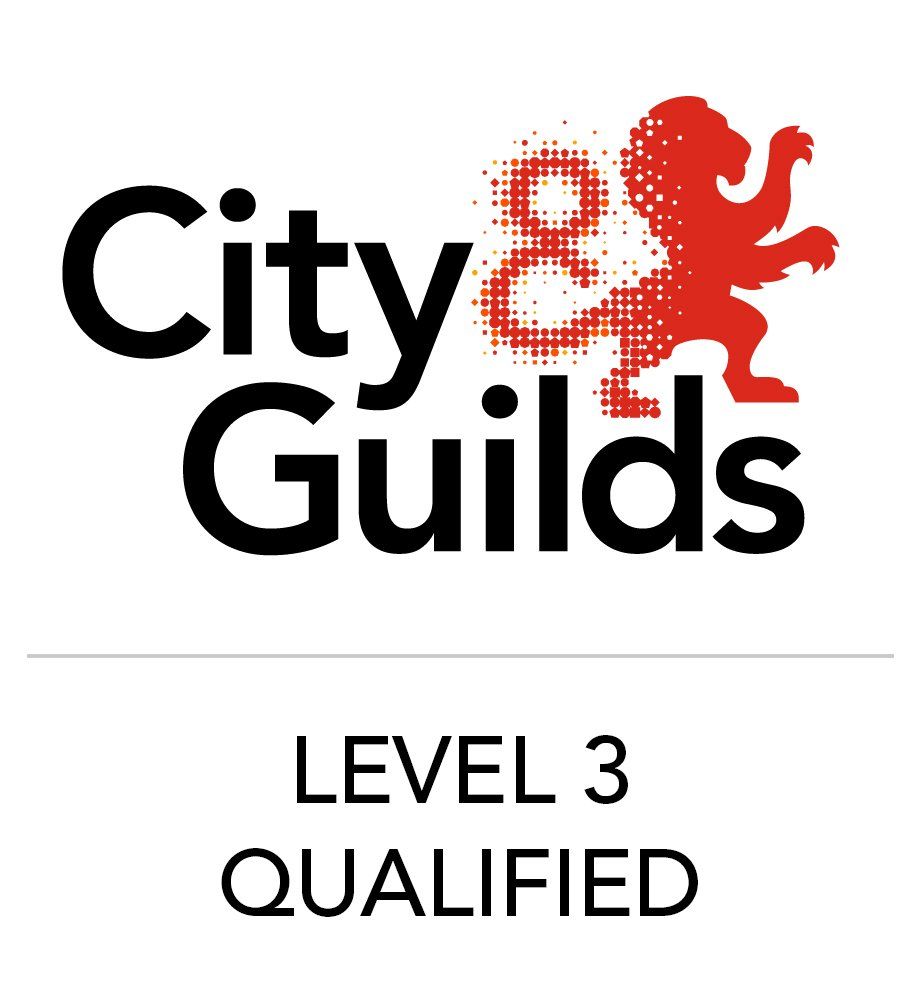News / Interesting Reading

The consequence of trying to fix something that isn’t broken….
Your dog has two little sacs (the anal glands) that sit at about 4 o’clock and 8 o’clock under the skin to the side of the anus. The sacs are each connected to the anal passage by a tiny duct. These delicate sebaceous glands contain pheromones suspended in a very smelly liquid. Although not at all pleasant to you and me this liquid contains a lot of biochemical information that dogs use to effectively communicate with one another. We all give our dogs the same disgruntled look when we catch them having a good sniff at another dog’s poop on our walks but your dog is catching up on his or her version of canine social media, checking out ‘who’s who’. As your dog poops, the faeces expand the colon and gives the anal glands a gentle squeeze and a little bit of stinky secretion is deposited onto their poo awaiting the arrival of another dog who takes an inquisitive sniff to catch up on all the latest news regarding your dog. So, this exchange of biochemical information has been going on for thousands of years without the need for veterinary or a dog groomers assisting hand, but health issues regarding these little glands are often the biggest subject in the grooming salon, why?
In the early, old school days, of dog grooming and as dogs became ‘family members’, it was considered routine to express the anal glands to empty them of that offensively smelly liquid that nobody wanted to notice in and around the home. But when you try to fix something that isn’t broken there are consequences. In the case of anal gland expression, the consequence’s are unnecessary trauma to the delicate tissues of the glands and the muscle surrounding them. The routine expression or squeezing of the anal glands, that would normally be working just fine, become swollen, irritated and inflamed causing the ducts to close. This is where the problem becomes a major issue for you and your dog. With the anal glands producing more biochemical fluid and no way of releasing it into the anal passage the glands may become painfully impacted and infected. Regular expression of the anal glands when completely unnecessary also causes the loss of muscle tone impacting on the normal function of the anal glands.
We at Yorkshire Dog Spa hope that this explains why your dog groomer should not be routinely expressing anal glands. A professionally qualified dog groomer should be well aware of this. It is the responsibility of your veterinarian to determine what may have gone wrong with this usually natural process. There may be underlying inflammatory issues or gastrointestinal conditions that your veterinarian can identify and is capable of recognising. Only they may help alleviate the issue with medically trained expertise applying the correct amount of pressure that will not cause further trauma and in the event that your vet determines that the anal glands are working normally and not too full, they should be left alone.
As we mentioned earlier the natural process of releasing a tiny bit of fluid from the anal glands is assisted by faeces expanding the colon and giving the anal glands a gentle squeeze. For this to happen the faeces needs to be firm. If you are feeding your dog a biologically appropriate diet and your dog is fit and well they should be producing a firm poo, one that is easy to pick up and clean away. If they are not, there may be underlying issues you may need to discuss with your vets such as food allergies, parasites or colitis. Medication and antibiotics may result in a soft stool if your dog has been unwell. Change of diet, human food and inconsistent feeding may also result in soft stools which will also impact on the natural function of the digestive system the anal glands. We highly recommend that you feed your dog a complete, balanced, veterinary approved biologically appropriate raw food diet to maintain a healthy digestive function to support a holistic approach to your dogs’ overall health and well-being.



